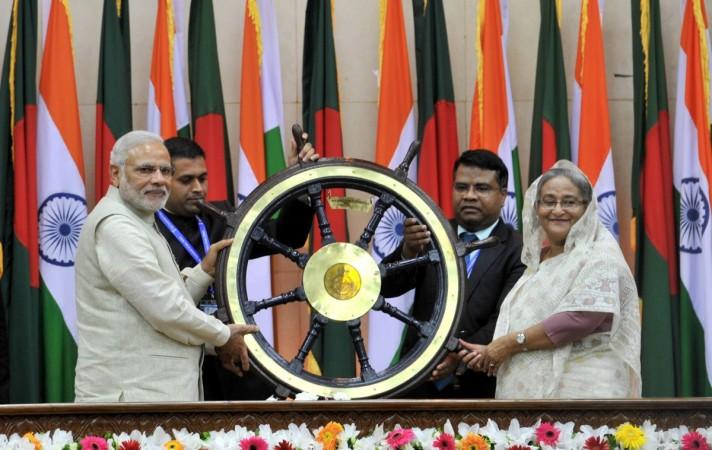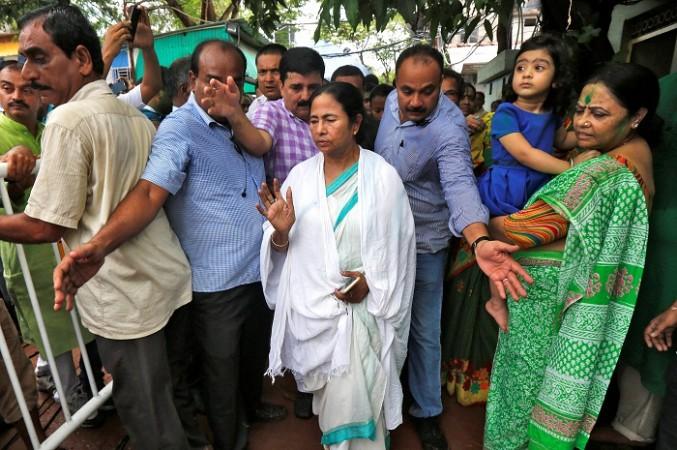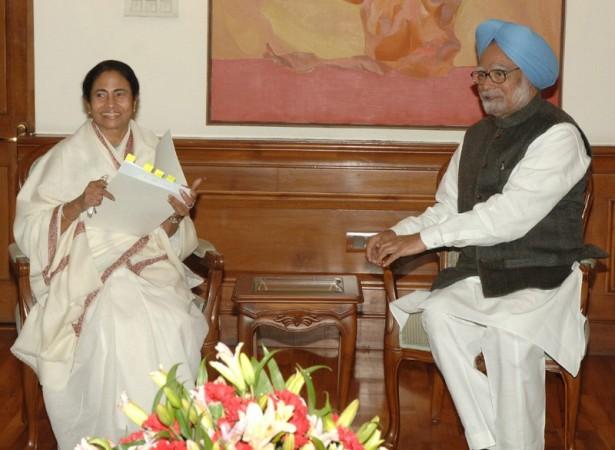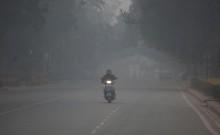
Bangladeshi Prime Minister Sheikh Hasina's four-day visit to India began on Friday (April 7). Although agreements in sectors like defence, energy, transport and economy are likely to be inked between the two countries during the visit, which is significant from many aspects, the much-awaited Teesta water treaty between the two neighbours may not see the daylight even now.
What is the Teesta water-sharing treaty all about?
Teesta is a very important river, perhaps the most important one, in Bangladesh's northeast. Originating in the Sikkim Valley of the Himalayas and flowing across North Bengal, the river enters Bangladesh near Tin Bigha of Lalmonirhat district in the country. It flows through a total distance of 315 km, out of which 129 km is in Bangladesh, before merging with the Brahmaputra (or Jamuna as it is known in Bangladesh).
During the summer, Teesta's flow is around 2,80,000 cusecs (the minimum flow is 10,000 cusecs). According to Bangladeshi estimates, while 21 million people in that country live in the basin of the Teesta, the corresponding figure is 8 million in Bengal and 1 million in Sikkim.
According to Bangladesh, the barrage on the river at Gajaldoba in Jalpaiguri, North Bengal, diverts its waters without Dhaka's consent. As a result, Bangladesh doesn't get water when required, while at other times, excess water causes destruction in its territory.
Bangladesh also says that since its economy is largely agriculture-based, it has to depend a lot on the Teesta's water (to irrigate 6,32,000 hectares of land) but alleges that after feeding Sikkim and Bengal, the flow of the river gets reduced so drastically that its farmers suffer.
Dhaka initially sought an equal sharing of Teesta's water with India, with 40 percent allocation for each country, and 20 per cent left for the river flow. But India demands 55 percent, besides a 15-year agreement on the sharing of the river's water.
It was reported in June 2011 that the two countries agreed that India would get 42.5 percent of Teesta's water while Bangladesh would get 37.5 percent.

Mamata had ditched Manmohan on Teesta in 2011
But despite these formulations, no accord has been signed between the two sides. In September 2011, Bengal Chief Minister Mamata Banerjee played the spoilsport by refusing to accompany the then prime minister – Manmohan Singh – to Dhaka to take the matter forward. It is said that the Banerjee government was not okay with the water division figures that the Centre had provided it then, saying such an arrangement would hurt Bengal's agriculture.
A lawmaker from Banerjee's ruling Trinamool Congress had said that India would retain 75 percent of Teesta's water while Bangladesh would receive just 25 percent. Banerjee also said during her meeting with Bangladeshi Foreign Minister Dipu Moni in November 2011 that she had appointed an expert committee to study the issue. The outcome of the study was reportedly shelved by the Bengal government.

In 2015, Banerjee was present during Modi's visit to Bangladesh and had promised to work on the Teesta issue. The two countries subsequently settled their land border problem, swapped enclaves in each other's territories and also improved communication but the Teesta issue continued to remain in the dark.
What's Mamata Banerjee's contention?
Banerjee, on the face of it, says that she honours the need of the people of Bangladesh (the cultural-emotional ties are intact) but she is not ready to 'compromise' upon the interest of Bengal's farmers. She feels that loss of a big amount of water to the lower riparian would hurt Bengal's northern parts, especially in summer.
The TMC supremo is also upset with the Centre for not seriously considering the state's water woes. She had been complaining about the problems afflicting North Bengal because of water and alleged that the Centre did nothing to alert the SDF government of Sikkim about it. The SDF, led by Pawan Chamling, is a part of the BJP-led NDA.
Why is Bangladesh in a hurry?
PM Hasina is in the middle of bringing big reforms in her country. In the last few years, her government has given the country a positive leadership in fields of development and security. Hasina has also extended much support to India, like standing by its side over the issue of Pakistan-sponsored terrorism.
Elections are due in Bangladesh next year and Hasina is in a hurry to get the Teesta water-sharing treaty inked to showcase her government's success. Her opponents have been turning vocal alleging she is giving more to India than receiving anything in return, and the accomplishment of the Teesta pact could silence them.
What are the stakes for New Delhi?
Prime Minister Narendra Modi, with his proactive approach in foreign policy matters, has been making extra efforts to secure its neighbourhood against terrorism as well as the expansionist designs of China. Bangladesh has been a close friend of India under the leadership of Hasina and Modi doesn't want to let go the opportunity to draw closer to Dhaka to strengthen its fight against terrorism. It wants to win Bangladesh's heart by sharing water.
The analysis:
Given the growing animosity between Mamata Banerjee and the BJP at home, the Teesta water-sharing issue has assumed massive political significance.
If Banerjee still refuses to give the nod and the Centre goes ahead with the deal with Bangladesh for foreign policy priorities, she can project it as a betrayal by the BJP against the 'interest of Bengal' before the crucial panchayat elections in 2018 and Lok Sabha elections in 2019. That could indeed be a handy tool for her to deal with the BJP's growing clout in Bengal.
If she concedes, that might see the charges and probes against her party in connection to the chit-fund and sting-operation charges turning soft. Banerjee is not really in a position of disadvantage in this issue.















